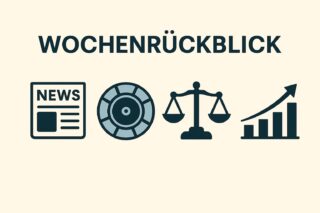
Germany was once again at the center of the regulatory debate. The federal states of Mecklenburg-Western Pomerania and Saarland have increased the pressure for the regulation of loot boxes in video games with a joint motion in the Bundesrat (upper house of parliament). The initiative calls for, among other things, mandatory age verification of 18+ and greater transparency in winning probabilities to better protect young people. This political demand gains depth against the backdrop of the official classification of "Gaming Disorder" by the World Health Organization (WHO). A recent overview confirmed that although only a small minority of 1-3% of gamers meet the clinical criteria, awareness of the risks of problematic gaming behavior is growing, and the distinction between an intense hobby and a disorder requiring treatment is a lasting concern for the industry.
The Norwegian state monopolist Norsk Tipping was the cause of an operational disaster and sharp criticism. Following a serious error in a special draw in which nearly 17,000 players were incorrectly excluded from participation, the company now faces a multi-million euro fine. The Norwegian Gambling Authority accused the operator of "gross negligence" and a "clear breach of trust," as Norsk Tipping had given assurances of a correct execution despite known technical problems. This is the third major incident in a short period, severely shaking public confidence in the state-owned provider.
In contrast, positive and forward-looking signals came from the innovation and conference scene. The Brazilian start-up BetPass, an affiliate management platform, won the renowned Pitch iGB competition in London. In an interview, founder Bruno Barroso emphasized that the victory gave the company "instant credibility" with investors and partners—a testament to the importance of such platforms for the visibility and growth of young companies. At the same time, the industry is already looking ahead to upcoming events: A "Gaming in Germany" webinar announced for October 7 will highlight key topics of the German market, including new rules for deposit limits, the evaluation of the State Treaty on Gambling, and the ongoing challenge posed by the black market.
Thus, the week revealed a clear tension: While regulators and politicians attempt to react to gray areas like loot boxes and the consequences of excessive gaming, and operational errors are severely sanctioned, the entrepreneurial spirit of the industry drives new ideas and business models that are gaining recognition on global stages.
